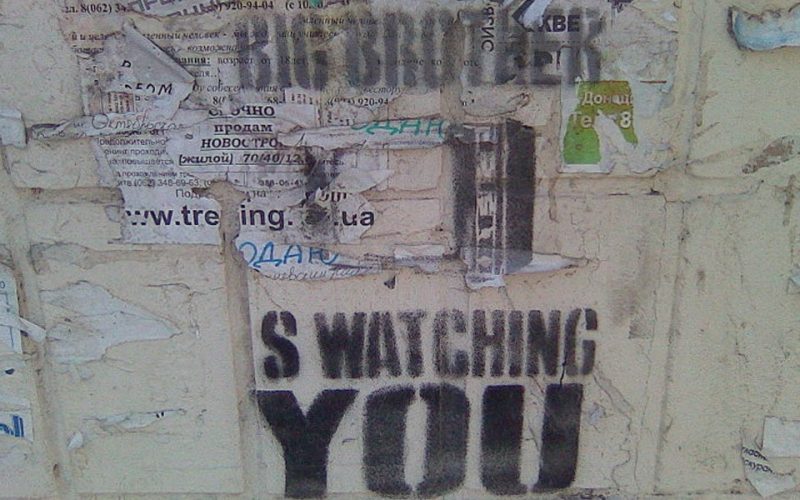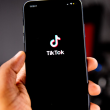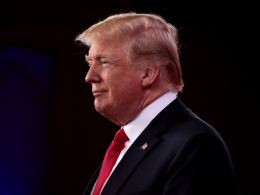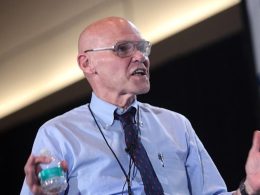Conservatives have warned scrawling is going up on the wall about the Biden Administration’s plans to further weaponize government and societal institutions.
The vision of one specific dystopian future is coming into focus.
And now a banking giant has just unveiled a move putting a key piece in place for nightmare U.S. financial enforcement.
Joe Biden is grinning ear to ear after this banking giant unveils this anti-privacy measure
Information that society deemed as highly confidential just a few years ago has since become readily available to many companies and public entities.
Even if these entities do not already have these details, they know where to find them in the snap of a finger.
And Joe Biden is grinning ear to ear after this banking giant unveils an alarming anti-privacy measure.
Many large companies have invested heavily in advancing their biometric capabilities.
For example, you may be reading this article after using Apple Face ID to open your iPhone.
Some consumers have readily accepted biometric technology because it occasionally makes life easier, not having to type a passcode to access an app or simply using their fingerprint instead of a physical ID or key.
However, many worry that these technological advances could encroach on the individual liberties of its users, allowing corporate and public entities to hold onto valuable and marketable biometric data of billions of individuals.
Sounds like The Mark . . .
In March of 2023, banking giant J.P. Morgan Chase unveiled a research and development program to advance their biometric payment capabilities, which could allow customers to make purchases using their fingerprints or facial recognition.
J.P. Morgan has chosen POPID as their biometric partner. POPID used its facial technology at the recent Formula 1 race in Miami for security and ticketing purposes.
On their website, J.P Morgan claims, “One area of development is check-out free retailers, which are leveraging advanced biometrics, embedded finance and sensor technology to create super-flexible and convenient shopping experiences. In the coming years, a customer could simply scan a palm or use facial recognition when entering a store.”
The banking giant continued, “This would instantly confirm their identity and link them to their online account, allowing instant payments, with no need to take out a card or other method. As they browse the aisles they can select items from interactive digital displays, which offer near endless product choices.”
Manish Jain, the head of consumer goods and retail industries at J.P. Morgan Payments, recently spoke out about these advances, saying that this new biometric technology “Commerce becomes seamless and personalized as we target what consumers are looking for in that moment.”
Why some consumers are not so excited about biometric payments
Although J.P. Morgan Chase only publicizes the alleged positive aspects of these advances in biometric technology, many users fear that it could come with negative consequences.
Large companies and government entities already harvest massive amounts of private data from citizens and users.
Allowing these entities to harvest biometric data could establish a slippery slope, giving these institutions data that could potentially be used to target and silence Americans online and elsewhere.
For millions of Americans, the less amount of their data that floats around the internet and file storage of corporate and public entities, the better.
Stay tuned to Unmuzzled News for any updates to this ongoing story.
















